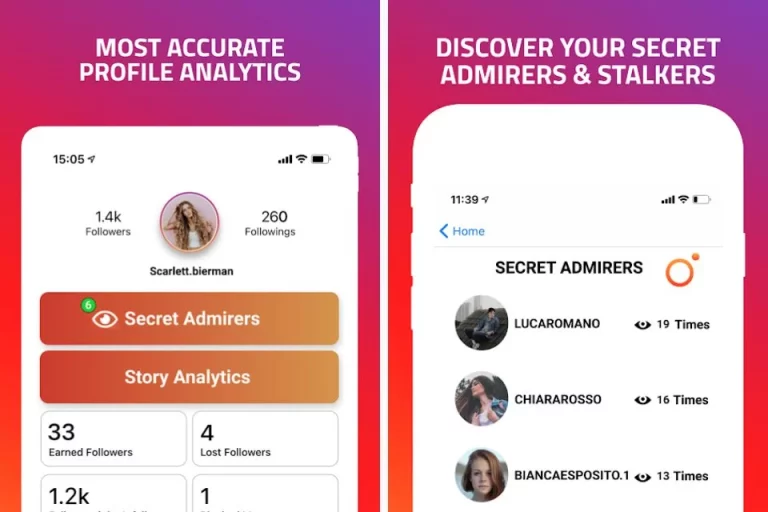
Atualmente, existem muitos aplicativos disponíveis para ajudar as pessoas a aprender um novo idioma. Esses aplicativos oferecem uma variedade de recursos, desde jogos e exercícios de vocabulário até aulas em vídeo e interações com falantes nativos.
Além disso, muitos desses aplicativos podem ser acessados a qualquer hora e em qualquer lugar, tornando-os uma opção conveniente para pessoas com horários ocupados ou que não têm acesso a cursos tradicionais de idiomas.
Neste contexto, neste texto, vamos explorar alguns dos melhores aplicativos para aprender um novo idioma e como eles podem ajudar você a desenvolver suas habilidades linguísticas.
Aprender um novo idioma pode ser uma tarefa desafiadora, mas a tecnologia pode tornar esse processo mais fácil e divertido. Aqui estão alguns dos melhores aplicativos para ajudá-lo a aprender um novo idioma:
Em resumo, existem muitos aplicativos excelentes disponíveis para ajudá-lo a aprender um novo idioma. Ao escolher um aplicativo, leve em consideração seu nível de habilidade, seus objetivos de aprendizado e suas preferências pessoais. Com dedicação e prática consistente, você pode dominar um novo idioma e abrir novas portas em sua vida pessoal e profissional.
Lembre-se de que alguns aplicativos podem exigir uma assinatura ou pagamento para desbloquear todos os recursos ou acessar aulas ao vivo com professores. Verifique os preços e as opções de pagamento antes de fazer uma escolha final.
Com a crescente disponibilidade de aplicativos de aprendizado de idiomas, muitas pessoas se perguntam se vale a pena investir seu tempo e esforço nesses recursos. A resposta é sim, esses aplicativos podem ser uma opção valiosa e eficaz para aprender um novo idioma.
Em primeiro lugar, os aplicativos oferecem flexibilidade. Você pode escolher quando e onde deseja aprender, permitindo que você se adapte ao seu próprio ritmo e horário. Isso é especialmente útil para pessoas com agendas ocupadas que não podem frequentar aulas de idiomas regulares ou que desejam aprender em seu próprio ritmo.
Em segundo lugar, os aplicativos são interativos. Eles geralmente usam uma variedade de atividades, jogos e exercícios que ajudam a manter o usuário engajado e motivado, aumentando as chances de sucesso no aprendizado.
Além disso, muitos aplicativos de idiomas oferecem recursos adicionais, como exercícios de audição e fala, interação com falantes nativos, dicionários, guias de gramática e muito mais. Esses recursos adicionais permitem que os usuários desenvolvam suas habilidades em todos os aspectos do idioma, tornando o aprendizado mais abrangente e eficaz.
Embora os aplicativos de aprendizado de idiomas possam não substituir completamente a interação humana, eles podem ser uma ótima opção para complementar o aprendizado em aulas regulares de idiomas ou para pessoas que buscam aprendizado independente. Eles podem ajudar a construir a confiança e a fluência na língua desejada e abrir portas para novas oportunidades pessoais e profissionais.
Em resumo, aprender um novo idioma através de aplicativos pode ser uma maneira eficaz, interativa e flexível de adquirir habilidades em um novo idioma. Desde que você se comprometa e dedique tempo e esforço para o aprendizado, os aplicativos de idiomas podem ser uma opção valiosa e viável para alcançar seus objetivos de aprendizado de idiomas.
